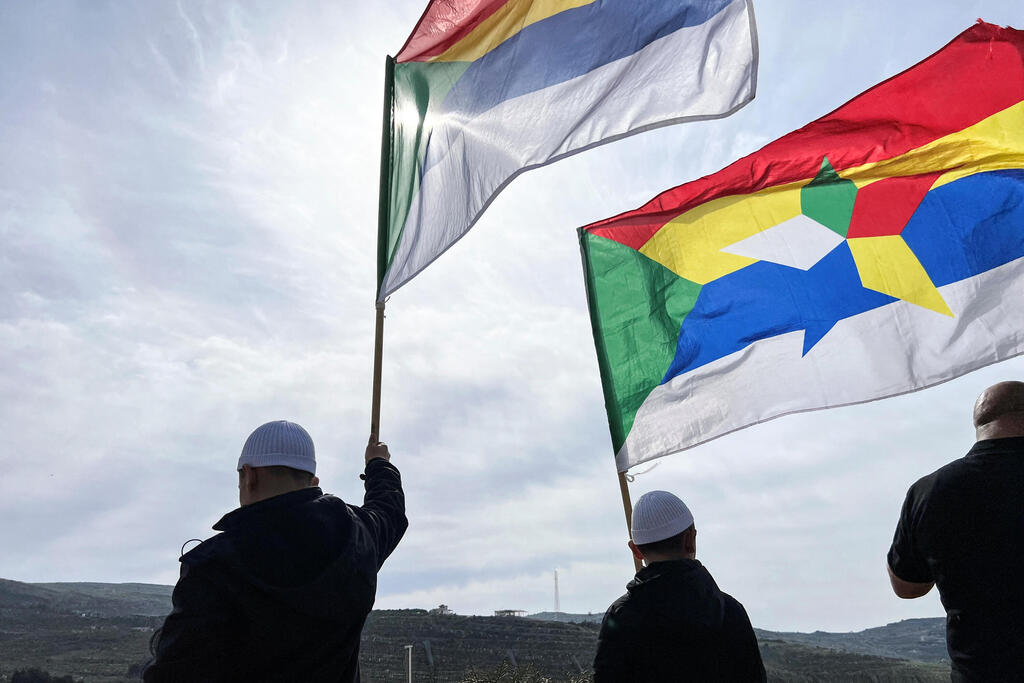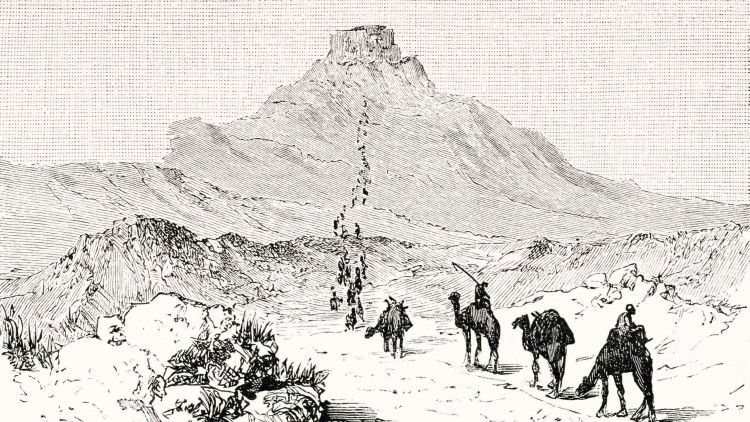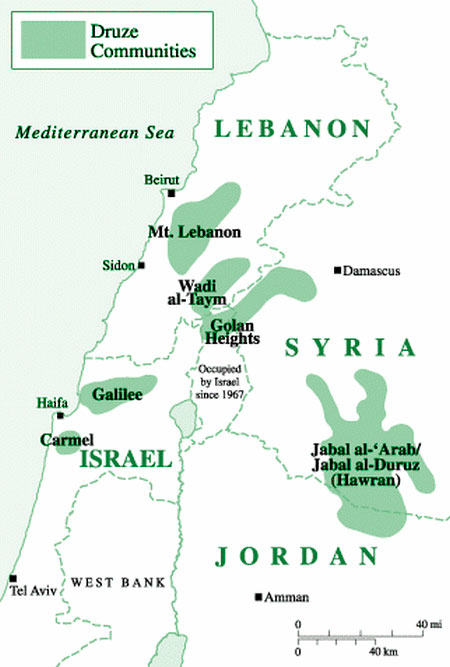Who Are the Druze?

The Druze are a religious and ethnic minority group that originated in the Middle East during the 11th century. Their faith emerged from Ismaili Islam but incorporated elements of Greek philosophy, Christianity, and other beliefs to form a unique monotheistic religion.
The Druze faith is characterized by a belief in the oneness of God, reincarnation, and the continuous quest for wisdom and truth. Their religious texts, known collectively as the "Rasa'il al-Hikma" (Epistles of Wisdom), contain the core tenets of their faith.
Today, approximately 1-2 million Druze people live worldwide, with significant communities in Syria, Lebanon, Israel, and Jordan. The Druze community in Syria, numbering around 700,000, is primarily concentrated in the southern province of Sweida, also known as Jabal al-Druze (Mountain of the Druze).
History and Culture

The Druze have a rich cultural heritage shaped by their religious beliefs, geographic distribution, and historical experiences. They have maintained their distinct identity despite centuries of persecution and challenges.
Key aspects of Druze culture include:
- Strong social cohesion - The Druze community emphasizes solidarity and mutual support.
- Religious secrecy - Religious knowledge is primarily accessible to initiated members (uqqal), while non-initiated members (juhhal) practice religion through ethical conduct.
- Commitment to education - The pursuit of knowledge and education is highly valued in Druze culture.
- Specific traditions - Distinctive marriage customs, funeral practices, and celebrations mark significant life events.
- Artistic expressions - Traditional music, poetry, and crafts reflect their cultural identity.
Throughout history, the Druze have played significant roles in the regions where they live, often distinguishing themselves in fields such as agriculture, trade, military service, and scholarship.
The Druze in Syria

The Druze have been an integral part of Syrian society for centuries. Primarily concentrated in the Sweida Governorate, they have historically maintained good relations with diverse religious and ethnic communities across Syria.
During the colonial period, the Druze played a crucial role in the Syrian resistance against French occupation, with leaders like Sultan al-Atrash becoming national heroes for their defense of Syrian independence.
Before the Syrian civil war that began in 2011, the Druze community was known for its relatively high levels of education, economic development, and social cohesion. Many Druze individuals held prominent positions in government, business, and cultural institutions.
The Druze have historically navigated a complex political landscape by maintaining a degree of autonomy while fostering relationships with various Syrian regimes and political factions. This strategic approach has allowed them to preserve their community while participating in broader Syrian society.
Current Crisis
Since the outbreak of the Syrian civil war in 2011, the Druze community has faced increasingly dire circumstances. Initially attempting to maintain neutrality in the conflict, the community has nonetheless become targeted by extremist groups, particularly ISIS and their affiliates.
The situation deteriorated dramatically in 2018 when ISIS conducted a coordinated series of attacks in Sweida province, resulting in one of the deadliest massacres of the Syrian conflict. Over 250 Druze civilians were killed, and dozens of women and children were kidnapped.
Since then, the Druze have continued to face systematic targeting, including:
Forced Displacement
Entire Druze villages have been emptied through violence and intimidation, creating thousands of internally displaced persons.
Targeted Violence
Deliberate attacks against Druze civilians, including kidnappings, executions, and assassinations of community leaders.
Cultural Destruction
Systematic destruction of Druze religious sites, historical landmarks, and cultural heritage.
Economic Siege
Blockades preventing access to food, medicine, and basic necessities in Druze-majority areas.
The systematic nature of these attacks, specifically targeting the Druze community based on their religious identity, has led many international legal experts and human rights organizations to classify these actions as potential genocide.
Our Mission
This website was created to raise awareness about the ongoing genocide and war crimes being committed against the Druze community in Syria. Our mission is to:
- Document and raise awareness about the atrocities against the Druze
- Provide a platform for survivors' voices and testimonies
- Advocate for international recognition of these crimes as genocide
- Support humanitarian relief efforts for affected communities
- Push for accountability and justice for perpetrators
- Facilitate educational resources about the Druze culture and heritage
We believe that awareness is the first step toward action. By sharing these stories and evidence, we hope to mobilize international support and intervention to protect the Druze community and hold perpetrators accountable.